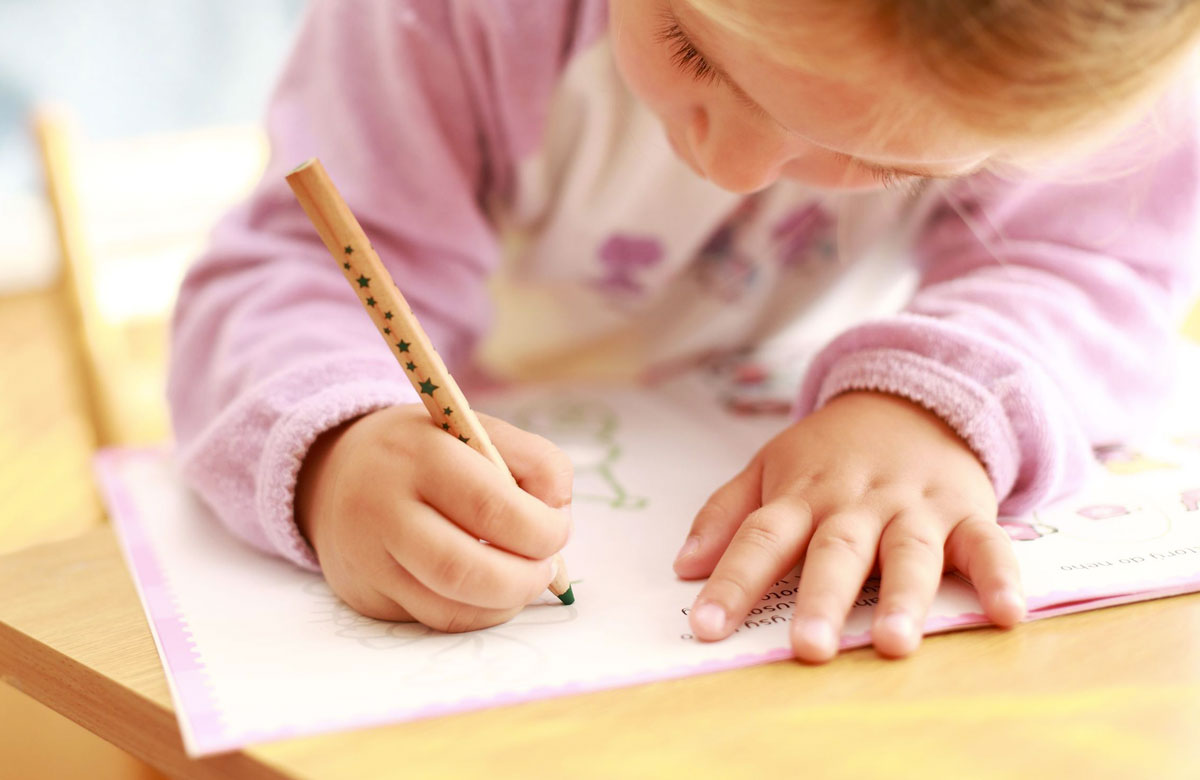
Full-day kindergarten is designed to give your child a stronger start in school and in life – by providing an engaging, inquiry and play-based learning program during the regular school day. Children are involved in a variety of learning opportunities to help them investigate, problem solve and collaborate, under the guidance of an educator team that includes a teacher and early childhood educator. Our full day learning program is guided by a new curriculum, the 2016 Kindergarten Program document, which is based on the most up-to-date information about child development and how children learn best.
(© Queen’s Printer for Ontario, 2016)
Four Frames
Broad areas of learning are used to structure thinking about learning and assessment. These are the areas which will be reported on for our kindergarten students.
1. Belonging and Contributing
What children learn in connection with this frame provides them with a sense of being personally connected to various groups and communities and lays the foundation for developing the traits and attitudes required for responsible citizenship.
2. Self-Regulation and Well Being
What children learn in connection with this frame allows them to focus, to learn, to respect themselves and others, and to promote well-being in themselves and others.
3. Demonstrating Literacy and Mathematics Behaviours
What children learn in connection with this frame develops their capacity to think critically, to understand and respect many different perspectives, and to process various kinds of information.
4. Problem Solving and Innovating
What children learn in this frame will help them develop the habit of applying creative, analytical, and critical-thinking skills in all aspects of their lives.
Communication of Learning
Parents of Kindergarten students receive a “Communication of Learning” or report card three times during the school year. These will contain information of about your child’s learning in these areas:
Key Learning: The most important or significant skills and/or understandings that your child has demonstrated, in relation to the overall expectations. Your teacher may include their thoughts on the child’s interests and learning preferences.
Growth in Learning: Includes positive developments in learning that your child has demonstrated over the reporting period. Developmental stage, learning goals and/or other individual processes of learning.
Next Steps in Learning: Refers to ways in which your child can move forward in developing knowledge and skills at school and at home. Developmental stage, learning goals and/or other individual processes of learning will be taken into account.
Growing Success
This information and more can be found at:
